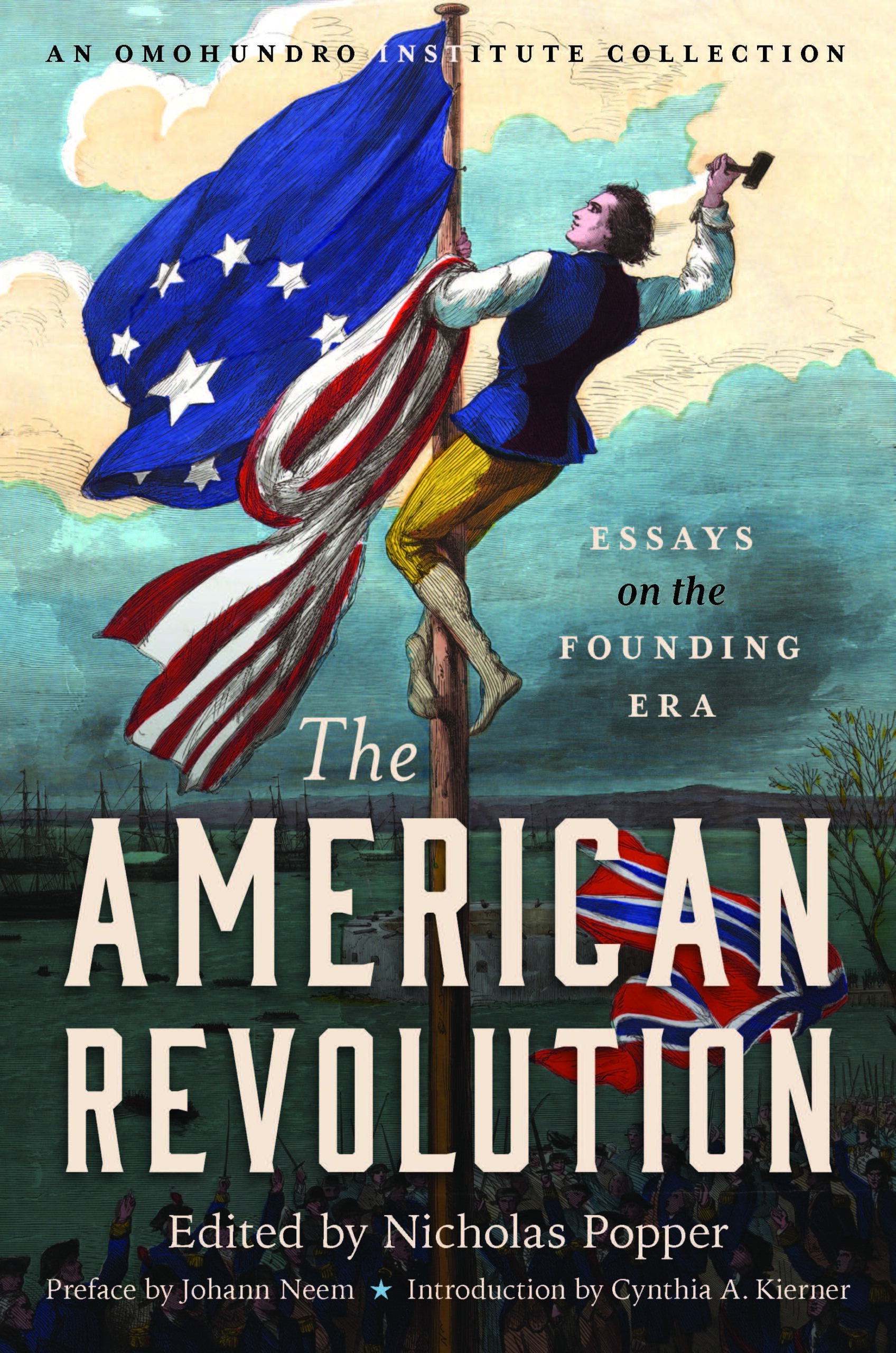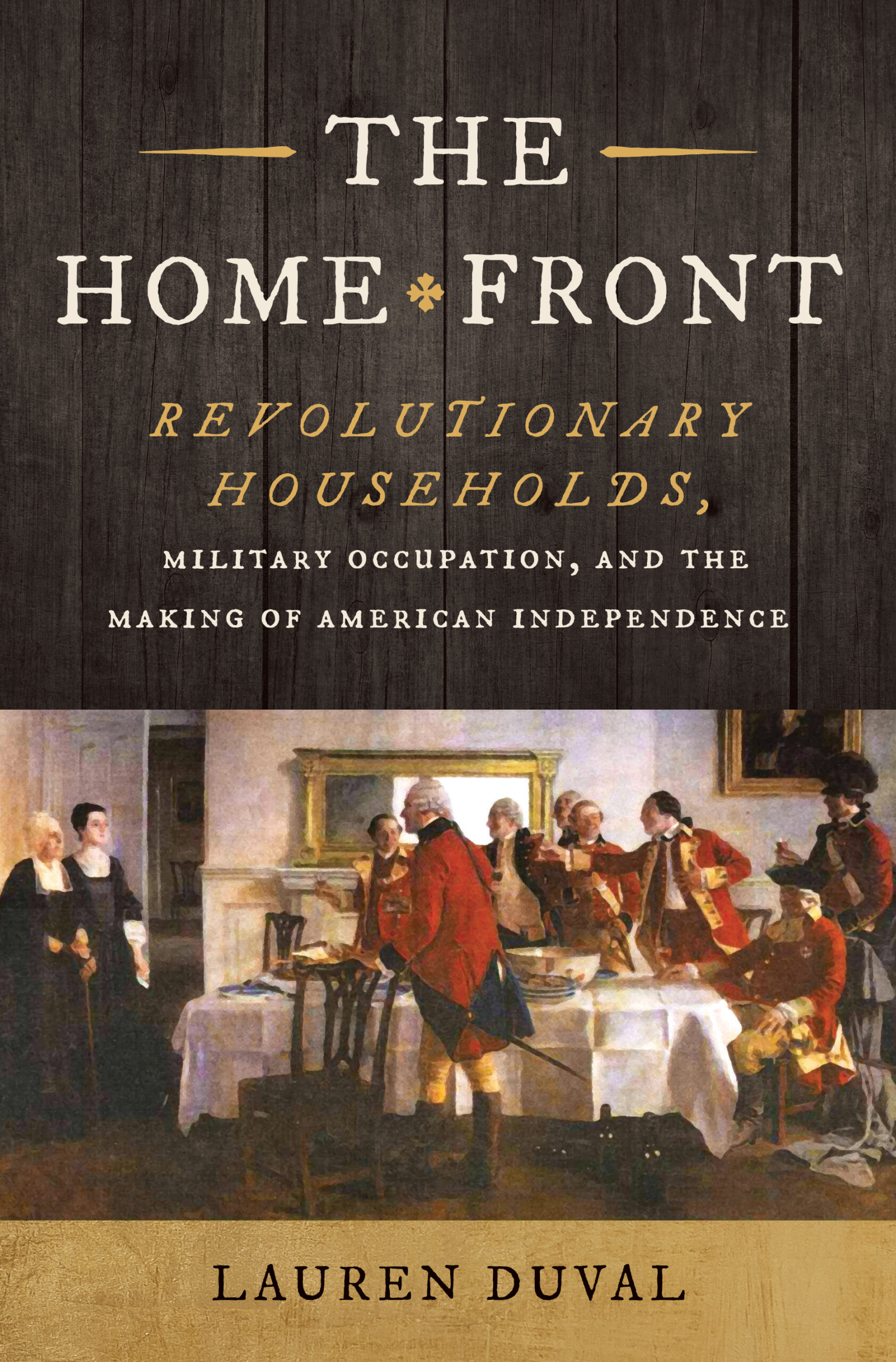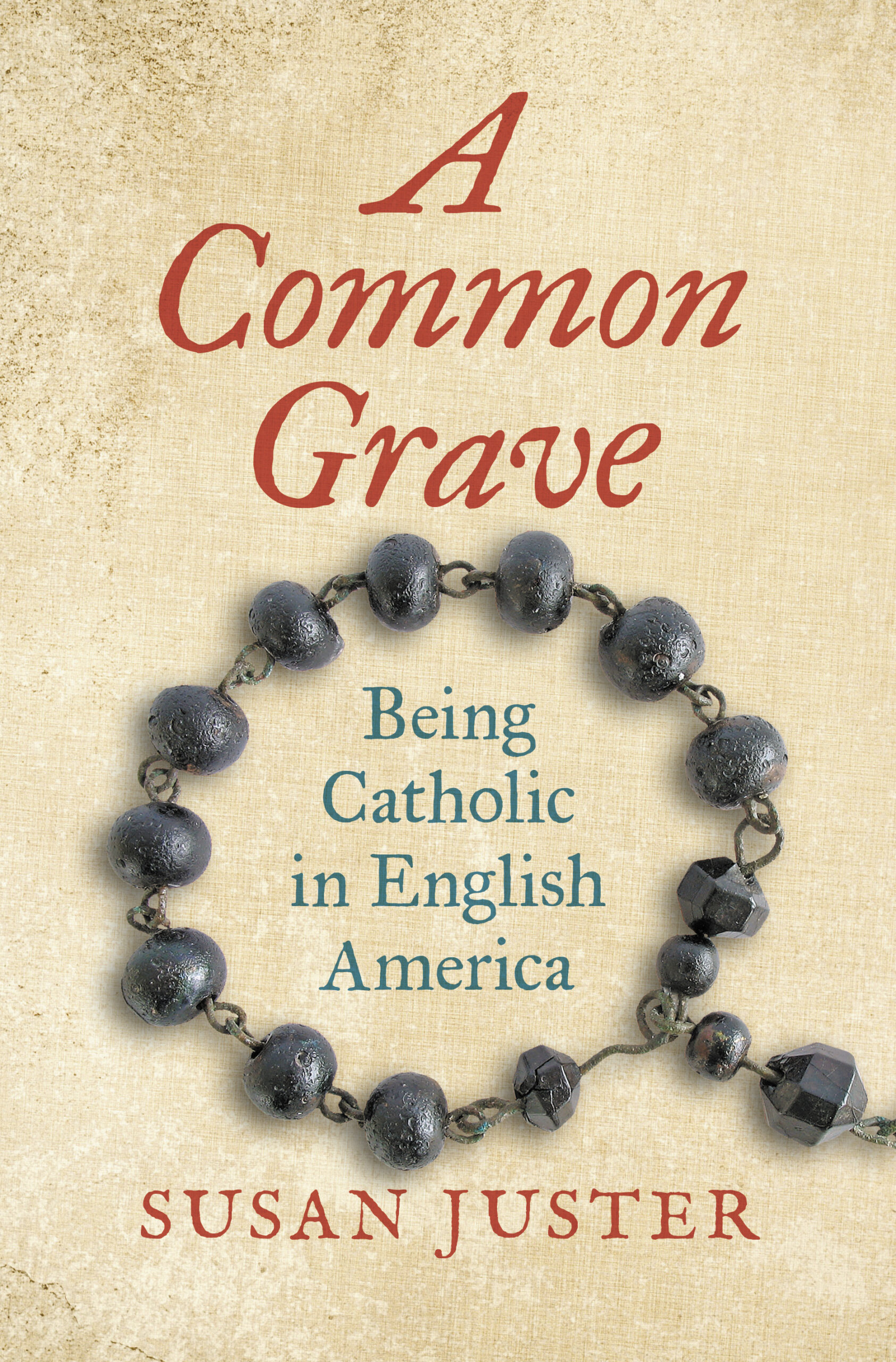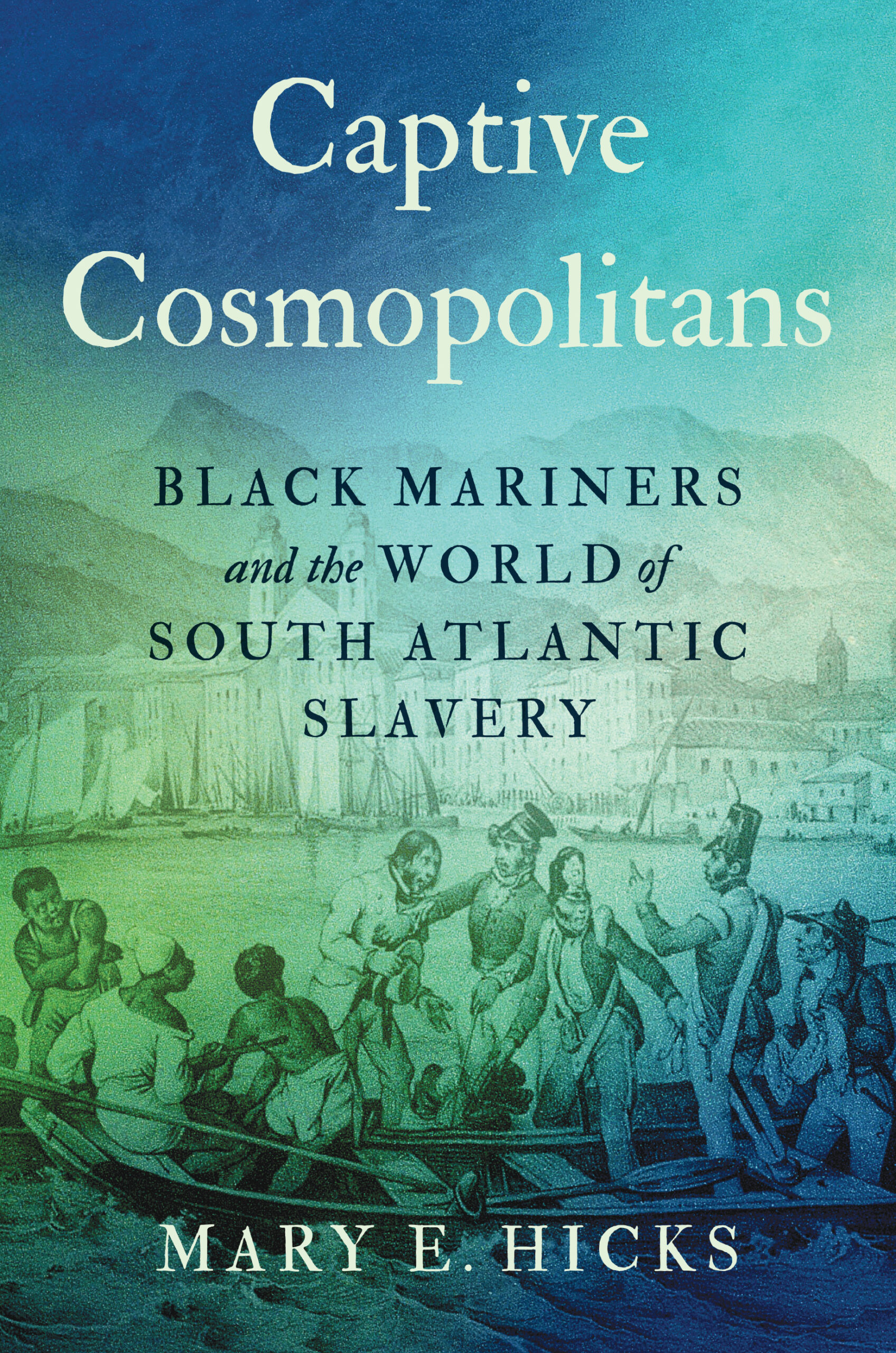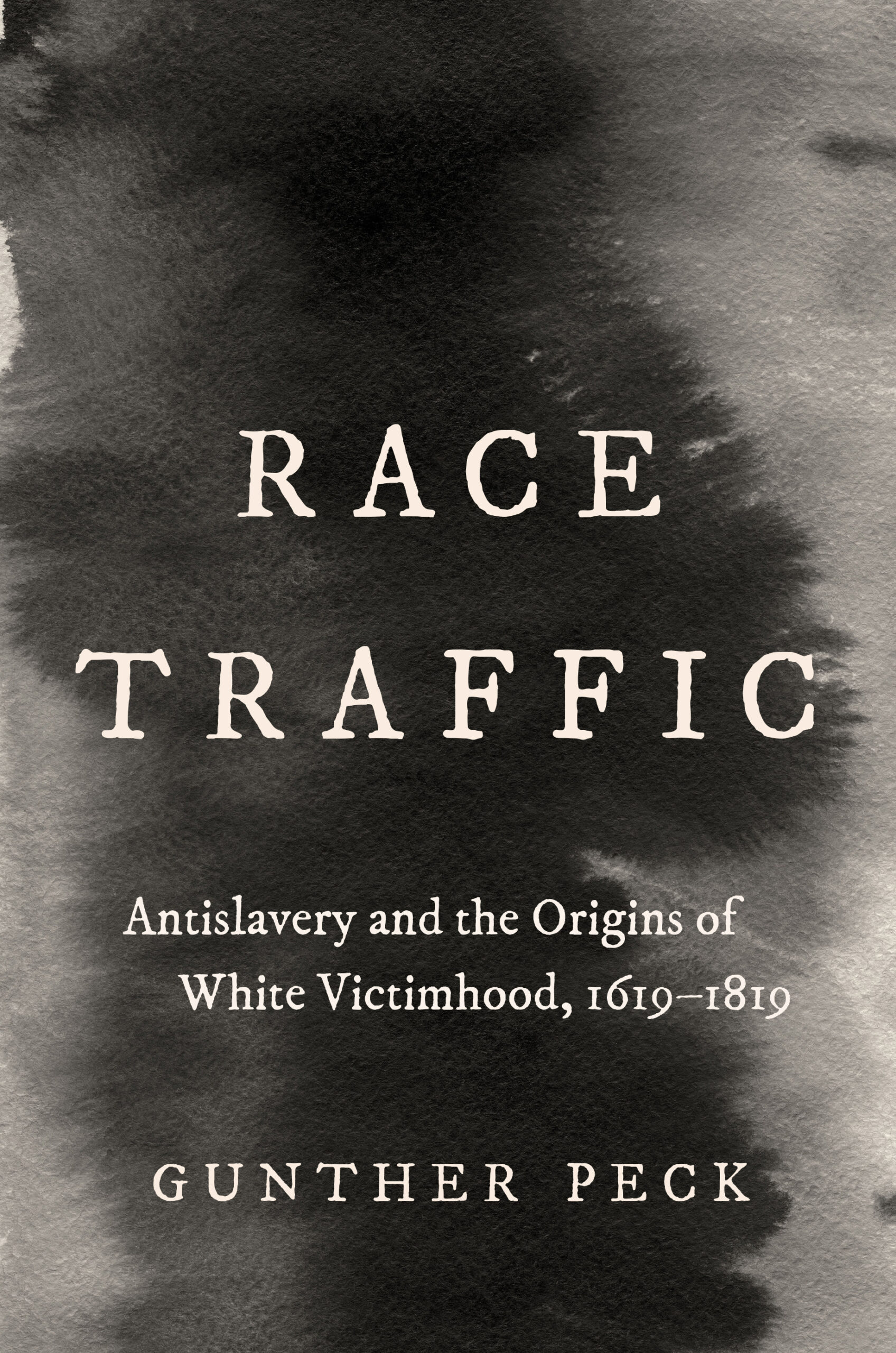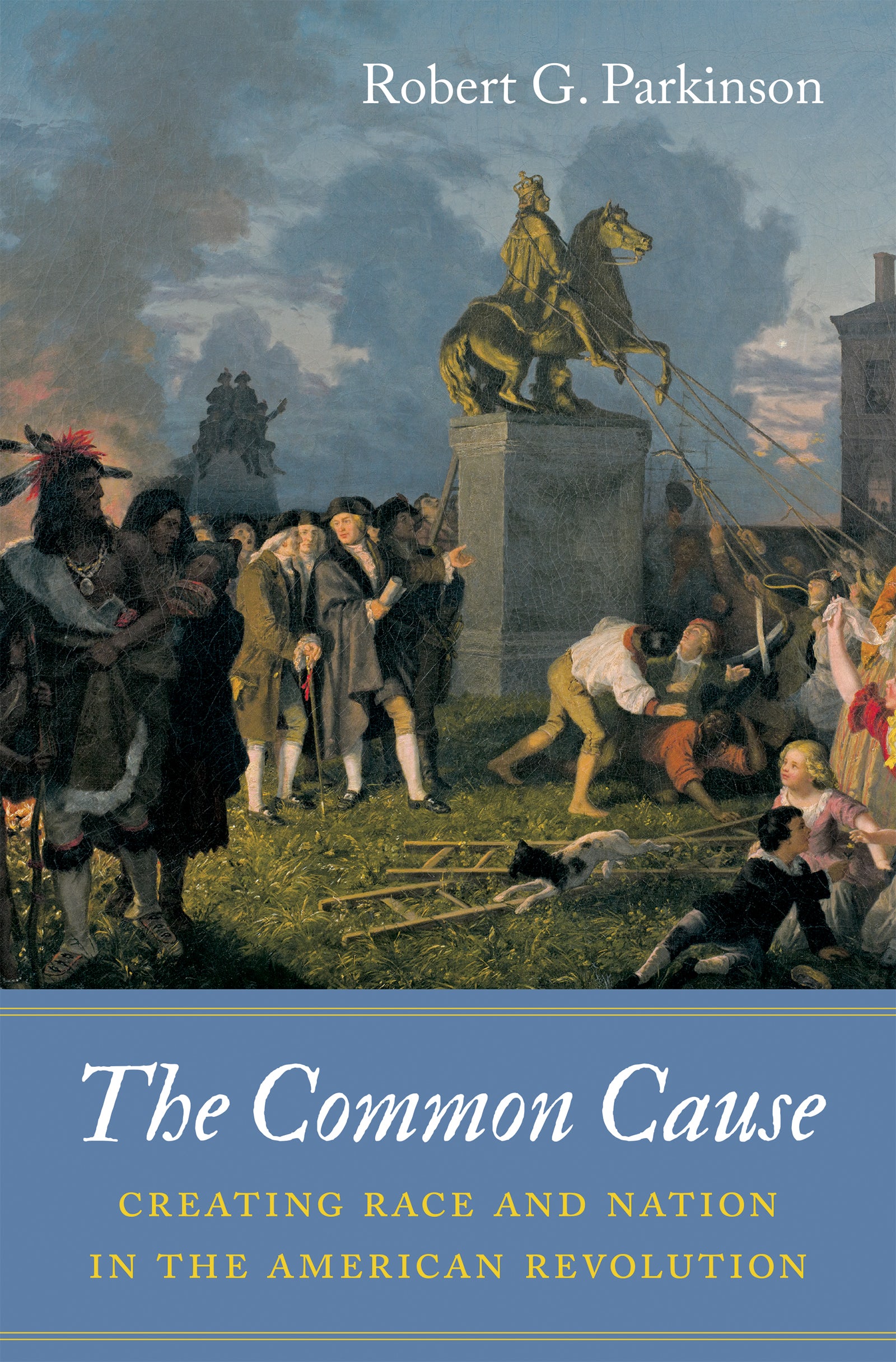
The Common Cause
Description
When the Revolutionary War began, the odds of a united, continental effort to resist the British seemed nearly impossible. Few on either side of the Atlantic expected thirteen colonies to stick together in a war against their cultural cousins. In this pathbreaking book, Robert Parkinson argues that to unify the patriot side, political and communications leaders linked British tyranny to colonial prejudices, stereotypes, and fears about insurrectionary slaves and violent Indians. Manipulating newspaper networks, Washington, Jefferson, Adams, Franklin, and their fellow agitators broadcast stories of British agents inciting African Americans and Indians to take up arms against the American rebellion. Using rhetoric like “domestic insurrectionists” and “merciless savages,” the founding fathers rallied the people around a common enemy and made racial prejudice a cornerstone of the new Republic.
In a fresh reading of the founding moment, Parkinson demonstrates the dual projection of the “common cause.” Patriots through both an ideological appeal to popular rights and a wartime movement against a host of British-recruited slaves and Indians forged a racialized, exclusionary model of American citizenship.
About The Author
Robert G. Parkinson is associate professor of history at Binghamton University.
Awards
James A. Rawley Prize, Organization of American Historians (2017)
AEJMC History Division Book Award, Association for Education in Journalism and Mass Communication (2017)
Reviews
“Brilliant, timely, and indispensable. . . . Parkinson writes with authority on military, political, social, and cultural history, reconstructing the story of this critical period as it actually unfolded, with everything happening at once.”–Annette Gordon-Reed, New York Review of Books
“Persuasively explains the intensely racialized nature of citizenship in the newly independent U.S. and the long-standing problems posed by the exclusion of Americans of indigenous or African heritage from the ‘common cause” of the Revolution.”–Publishers Weekly
“Engrossing. . . . A must-read for anyone interested in the American Revolution and issues of race.”–Library Journal, starred review
“One of the most significant studies in of the Revolution in years. It sweeps the entire war; connects cultural, military, and political concerns; contains the best survey of American newspapers during this period; and argues persuasively that fear of blacks and Indians formed the psychic center of the new nation. Highly recommended.”–CHOICE
“Wonderfully written and deeply researched. . . . Reveals a very different and much darker picture of the revolution. . . . Full of illuminating insights about familiar events.”–William and Mary Quarterly
“Even as he builds on the existing scholarship about the Revolution, Parkinson recasts our understanding of the Revolutionary War and its lasting impact.”–Virginia Magazine of History and Biography
“Clear prose and logical structure make it a joy to read. . . . Parkinson’s impressive analysis . . . will force future scholars to engage with his uncomfortable argument that American independence rested on racism and ethnocentrism.”–Common-Place
“Convincingly demonstrates that race and racism were not afterthoughts to the rhetoric of equality of rights but were deeply integrated into the founding years of the United States.”–Journal of American History
“Parkinson has captured something of the panicked and often explicitly racially demonizing culture of the revolutionary period with this new and valuable take on familiar sources relevant to the field of early American studies.”–American Quarterly
“Parkinson’s balance between patriotism and prejudice injects The Common Cause with a certain timeliness in an age in which questions of journalistic accuracy, rhetoric, and representation are heavy on the minds of American readers.”–H-Net Reviews
